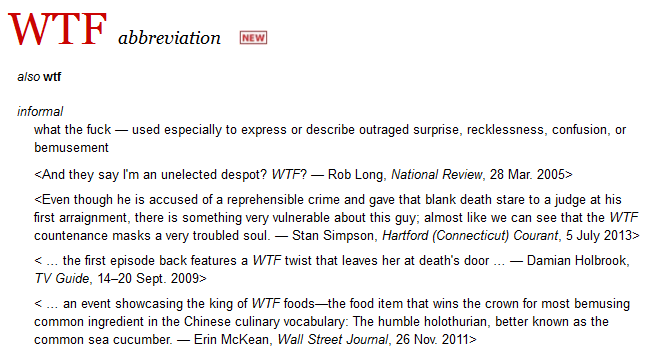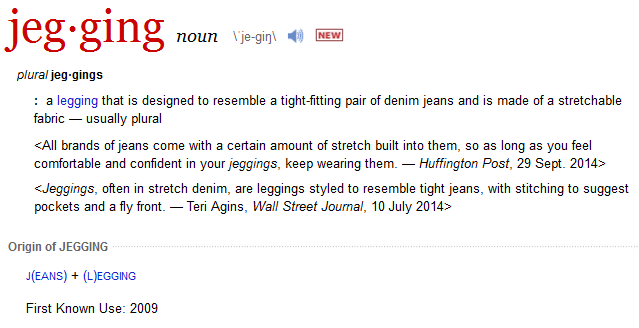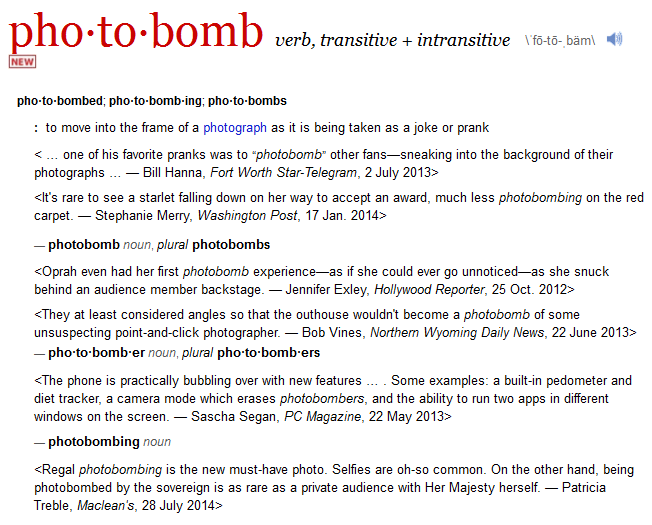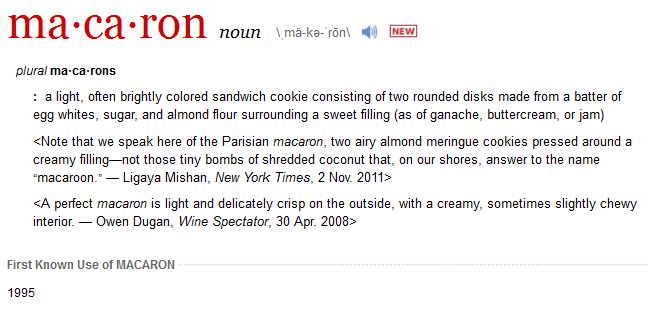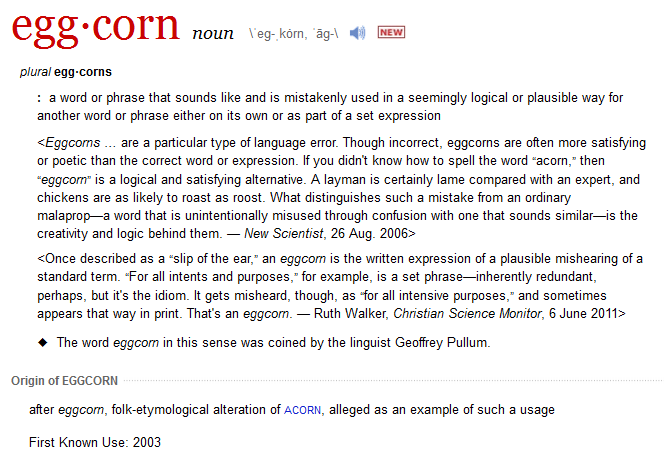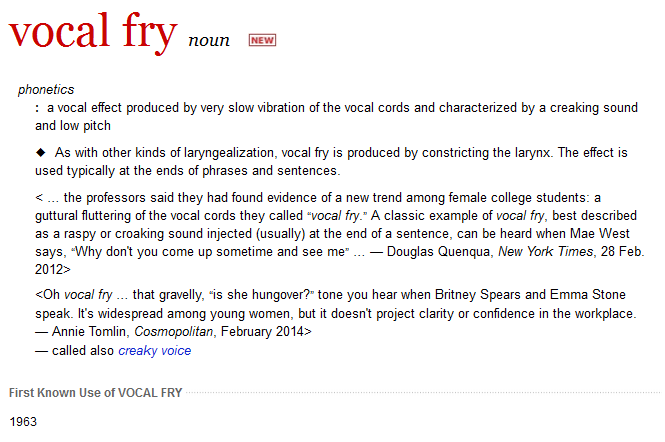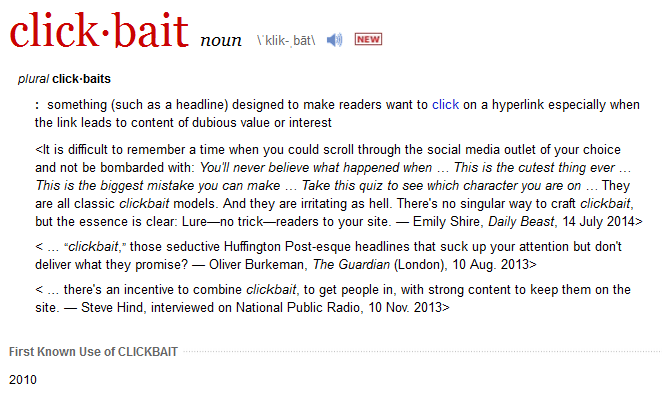WTF, Merriam-Webster?
Koninck Salomon An Old Scholar
Ok, ok. That title was technically click-bait according to um, I don't know, the dictionary. (See definition, below.)
Merriam-Webster has given 1,700 words and phrases their nod of approval, incorporating lingo like "jeggings", "sharing economy", and my personal favorite, "vocal fry", into the dictionary for 2015. Surely, "twerk" is a crucial addition to our vocabularies, and, society.
twerk (v.)
Definition: sexually suggestive dancing characterized by rapid, repeated hip thrusts and shaking of the buttocks, especially while squatting.
I'd venture to say that we could do without some of these words on the English language's permanent record; who will want to remember "jeggings", which are already the stuff of clearance bins and late-night infomercials? And the addition of the word "egg-corn" is a reminder that Americans just can't be bothered with acorns.
What's it take to be inducted into the 'tionary?
Words need to be "used in a substantial number of citations that come from a wide range of publications over a considerable period of time. Specifically, the word must have enough citations to allow accurate judgments about its establishment, currency, and meaning.”
("You're welcome," says Twitter.)
Each day most Merriam-Webster editors devote an hour or two to reading a cross section of published material, including books, newspapers, magazines, and electronic publications; in our office this activity is called "reading and marking." The editors scour the texts in search of new words, new usages of existing words, variant spellings, and inflected forms–in short, anything that might help in deciding if a word belongs in the dictionary, understanding what it means, and determining typical usage. Any word of interest is marked, along with surrounding context that offers insight into its form and use.
On the plus side, when my mom asks me what "WTF" means, I can just politely tell her to look it up in the dictionary.
A Scholar at His Desk, 1652 / Oil on canvas, 127 x 135 cm / National Gallery, London

